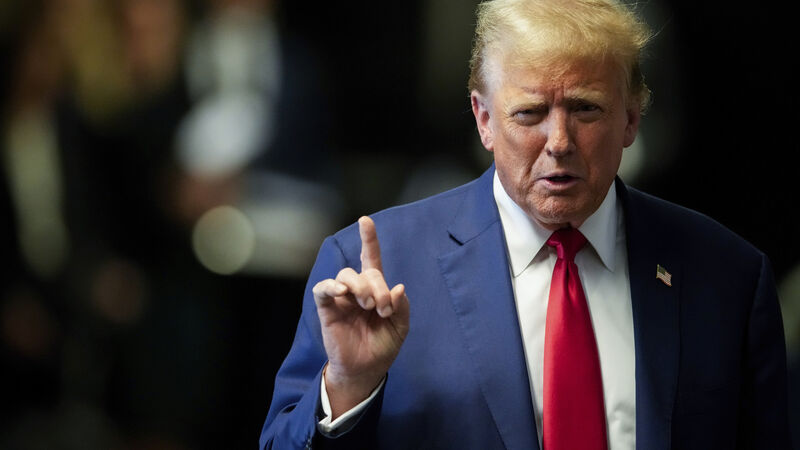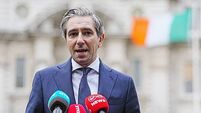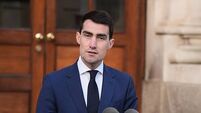Greatest threat to European security is a Trump re-election, warns UCC expert

Professor in the Department of Politics Andrew Cottey said that if Mr Trump regains power and decides to pull the US out of Nato, Europe will be in 'unchartered territory'. Picture: Julia Nikhinson/AP
The “biggest uncertainty” for the security of Europe in the face of Russian imperialism is if Donald Trump is re-elected as US President, a leading UCC expert has said.
Professor in the Department of Politics Andrew Cottey said that if Mr Trump regains power and decides to pull the US out of Nato, Europe will be in “unchartered territory”.













